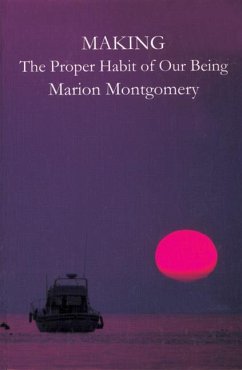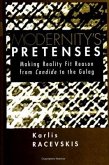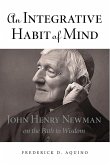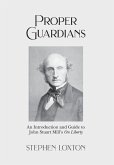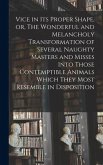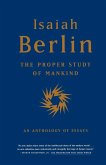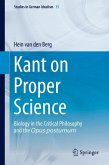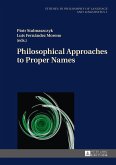A positive engagement of the complementary dimensions of intellect that St. Thomas calls the intellectus (intuitive) and the ratio (rational), Making enlarges the concept of making as that capacity to our nature as persons whereby we exercise stewardship in the world, whether in the making of a garden or of a poem. Demanding and provocative, Making examines significant levels of "disorientation of intellect" in the modern world. Marion Montgomery writes: "[W]hat we are witness to is the collapse of the intellectual community as it at last recognizes its self-reduction through the illusion of autonomous self-transcendence". This is the challenge that Montgomery sets before us, and which he courageously addresses: Disorder of intellect mirrors disorder of soul, and this leads inexorably to the disorder of the community. This is the endgame situation that Plato implicitly warned of in The Republic, when he said that man is a small universe (micro- cosmos) and the city a large man (macro-anthropos) and thus the situation in the soul of man was reflected in the city. Montgomery's critique, in the form of "essays speculative, reflective, argumentative", seeks to point the way out of intellectual disarray and confusion by affirming the spiritual nature of man, of mind, of the noetic quality of man as "maker" in the course of his intellectual journey. What transpires during this journey, he believes, has deep and permanent impact on one's view of oneself, of others, of life, and of thought. Above all, he shows, through his sensitive and assiduous commentary, how it is possible to recover from our modernist divisions and separations. Foremost among these is the extreme intellectual andspiritual deracination that grips modern life when intellect is increasingly distanced from any transcendent reality other than itself.

